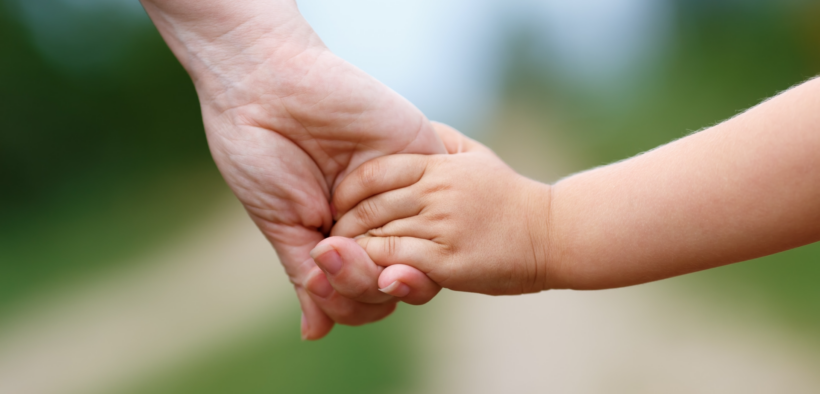Leading multicultural non-profit Settlement Services International welcomes DFV announcements in NSW.
Changes endorsed by NSW major parties will enhance domestic and family violence (DFV) support for women and children, particularly for at-risk cohorts such as refugees and migrants, according to leading non-profit Settlement Services International (SSI).
NSW Labor pledges $7 million to support migrant and refugee women and children experiencing DFV, including establishing a new, specialist multicultural DFV centre, in partnership with SSI.
The NSW Government announces a $2 million grant program for multicultural organisations to apply for funding to address DFV and sexual violence, with one-off grants of $20,000 to $150,000 available.
Additionally, a pre-election commitment to enacting affordable housing reforms to help victim-survivors leaving situations of DFV has been announced and matched by NSW Labor.
“DFV is a violation of a person’s human rights. Every person has the right to feel and be safe at home, irrespective of visa or residency status,” said Dr Astrid Perry, SSI Head of Women, Equity and Domestic Violence.
Dr Perry highlighted that it was heartening to see acknowledgment of the endemic issue of DFV and the need to provide greater support to keep women and children safe.
Related: Org welcomes budget support for domestic violence services
“Culture is not linked to violence, but the threshold of what constitutes violence differs across cultures. As such, effective approaches to address and prevent violence needs to be tailored across communities.”
Dr Perry added that the DFV centre, proposed by Labor as a pre-election commitment, would ensure support for a group of women and children who often slipped through the cracks of the current system, which is stretched as it is.
“All communities experience DFV, but refugee and migrant communities face unique barriers that mean they often struggle to access mainstream DFV services,” she added.
Unique barriers such as language barriers, cultural stigma, visa status, lack of trust and financial insecurity hinder women from migrant and refugee communities from seeking assistance at the point of crisis.
“They are also more likely to remain with or return to the perpetrator. This much-needed centre would bridge a gap in support for women and children from migrant and refugee backgrounds, and create greater equity in the availability of support for all victim-survivors, not just those from English-speaking backgrounds.”
Menchie Khairuddin is a writer Deputy Content Manager at Akolade and content producer for Third Sector News. She is passionate about social affairs specifically in mixed, multicultural heritage and not-for-profit organisations.
























































































































































